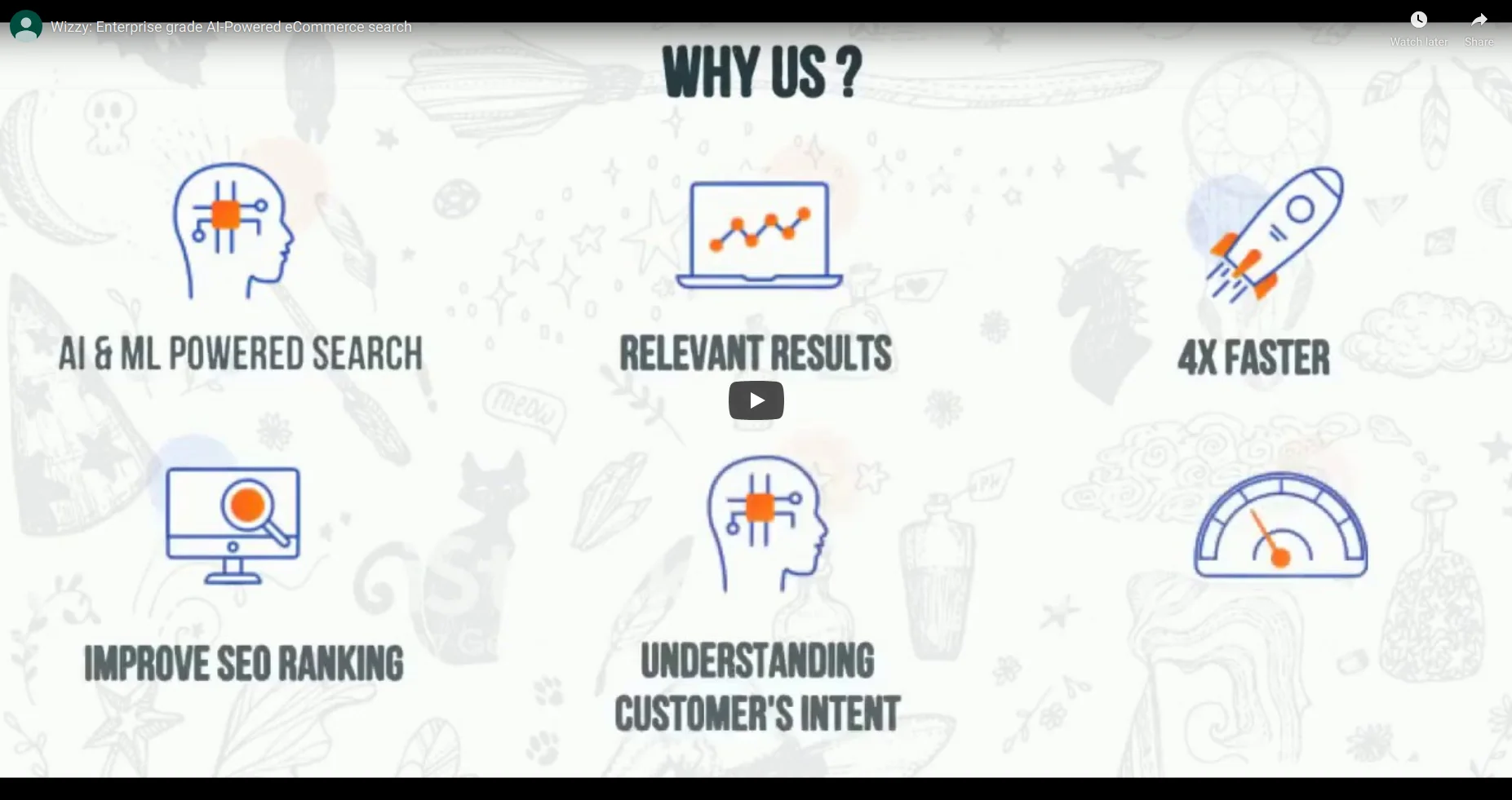It’s critical to be one step above your rivals to be sure your internet store performs well. And for that one important tactic that is frequently disregarded but shouldn’t be is routinely auditing your eCommerce store. But what exactly is an eCommerce audit, and why is it so important?
A thorough analysis of your online store’s many components is done as part of an eCommerce audit to determine its advantages, disadvantages, and potential areas for development. It includes everything from security, compliance, and marketing efficacy to user experience and website performance. It’s basically the same as giving your eCommerce company a comprehensive check-up to make sure everything is operating at peak efficiency and effectiveness.
It’s not only a good idea to regularly evaluate your eCommerce site; doing so is necessary for sustainability and long-term success. In this blog, we will see Why you must have your eCommerce store audited and what things you must have audited for sustained development and financial success in the cutthroat digital market of today.
Key Components of an eCommerce Store Audit
- Website Performance Audit
A website’s ability to load swiftly, adapt to different screen sizes, and provide a seamless user experience can have a big impact on customer happiness, retention, and conversion rates. Therefore, to make sure that your eCommerce store is running as efficiently as possible, you must execute a thorough website performance audit.
- Page Load Speed Analysis
Studies indicate that a mere one-second lag in page loading speed might result in lower consumer satisfaction and higher bounce rates. Thus, ensuring that your website loads quickly is essential to giving people a perfect browsing experience and lowering the possibility that you will lose out on possible clients.
The performance evaluation looks at a number of variables that affect page load speed, such as browser caching, server response time, image and file optimisation, and code efficiency.
Your website can load quickly and effectively on all devices and browsers by identifying areas for improvement and putting techniques into place to optimize load times, such as compressing pictures, minimizing HTTP requests, and utilizing browser caching.
- Mobile Responsiveness Check
When a website is mobile-responsive, it dynamically modifies its design and content to offer the best possible viewing experience on various screen sizes and gadgets, such as tablets and smartphones.
Your eCommerce store’s mobile responsiveness is carefully examined as part of the website performance evaluation. This entails testing your website across a range of mobile devices and screen sizes to make sure it runs smoothly and renders correctly.
To make sure that mobile customers can explore, shop, and complete transactions with ease, factors including text readability, button size and spacing, and ease of navigation are evaluated.
- Security and Compliance Audit
To keep your customers’ trust and safeguard sensitive data, you must conduct a Security and Compliance Audit. This audit includes a careful review of your website’s security protocols and compliance with all applicable laws and guidelines.
- Security Assessment
This involves evaluating the intrusion detection and prevention systems’ efficacy, the security of your authentication procedures, and the robustness of your encryption techniques. You can find and fix any vulnerabilities in your security infrastructure before attackers can take advantage of them by running vulnerability scans and penetration testing.
- Compliance Verification
For eCommerce stores that process payments, compliance with the Payment Card Industry Data Security Standard (PCI DSS) is essential. This involves implementing specific security protocols to protect payment card data and prevent unauthorized access.
Similarly, if your store handles personal data, compliance with regulations such as the General Data Protection Regulation (GDPR) is necessary to ensure the privacy and protection of customer information.
- SSL Certificate Validation
SSL certificates safeguard sensitive data, including login credentials and payment details, from being obtained by outside parties by encrypting data as it is passed between your website and the browsers of your consumers. Maintaining the security and reliability of your eCommerce store depends on checking that SSL certificates are valid and configured correctly.
- Privacy Policy Review
A Security and Compliance Audit involves checking that the privacy statement on your website appropriately represents your data handling procedures and complies with relevant laws.
This involves letting users know how their personal information is gathered, utilized, and shared in addition to giving them ways to exercise their right to do so. Having a visible and unambiguous privacy policy is crucial to earning your consumers’ trust and showcasing your dedication to their privacy protection.
- Product Discovery Audit
The process by which buyers locate and investigate products within an online retailer is referred to as “product discovery.” It includes everything, like filtering choices, recommendation algorithms, and product classification in addition to search functions.
Conducting a product discovery audit is essential for ensuring that customers can easily find and engage with the products they’re looking for. A product discovery audit is essential for eCommerce success. Here’s what it consists of and why it’s important
- Evaluation of Search Functionality
Analyze the search feature’s ability to offer pertinent results based on user queries. To improve the search experience, examine autocomplete recommendations, search filters, and search result rankings.
- Review of Product Categorization
To guarantee sensible navigation, look at how the products are arranged into categories and subcategories. Make sure the products are properly tagged and organized so that buyers who are just browsing the website can find them easily.
- Analysis of Product Recommendations
Examine the algorithms that produce product suggestions based on the tastes and behavior of customers. To promote exploration and upselling, make sure that product recommendations are relevant, tailored to the user, and presented strategically.
Are you struggling to maximize your eCommerce sales despite having an impressive array of products? Then look no further than Wizzy!
At Wizzy, we understand the critical role that fast and contextual search experiences, coupled with proper product discovery, play in driving conversions and enhancing customer satisfaction.
That’s why we’ve developed cutting-edge solutions designed to revolutionize the way customers explore and engage with your products.
To find out more about how we can assist you in achieving unmatched success in the cutthroat world of eCommerce, get in contact with us right now.
- SEO and Digital Marketing Audit
Developing a robust internet presence is essential for drawing clients and increasing revenue. Using efficient Search Engine Optimisation (SEO) and digital marketing techniques is a key component in reaching this goal. But merely putting these techniques into practice is insufficient; ongoing audits are necessary to verify their efficacy and pinpoint development opportunities.
- Assessing SEO Performance
This involves analyzing various metrics, including keyword rankings, organic traffic, and backlink profile. By conducting thorough keyword research and analyzing your website’s content, meta tags, and internal linking structure, you can identify opportunities to optimize for relevant search terms and improve your visibility in search engine results pages (SERPs).
Enhancing the trustworthiness of your website and increasing its chances of appearing higher in search results can be achieved by finding high-quality backlinks and addressing any spammy and harmful links.
- Evaluating Digital Marketing Effectiveness
This includes analyzing metrics such as reach, engagement, conversion rates, and return on investment (ROI). By reviewing the performance of your social media accounts, you can identify which platforms are driving the most traffic and engagement and tailor your strategies accordingly.
Through the examination of variables like click-through rates, conversion rates, and ad spend, you may pinpoint areas in which your campaigns might be falling short of expectations and implement the required changes to enhance their efficacy and return on investment.
Implementing Audit Recommendations
It’s critical to turn the results of a comprehensive audit of your eCommerce store into realistic measures for enhancement. Here’s how to put audit suggestions into practice successfully:
- Develop a Detailed Action Plan
Make a detailed plan which outlines the duties, due dates, and responsibilities for every suggestion. Divide more complex tasks into smaller, simpler to execute segments to guarantee clarity and effective implementation.
- Assign Responsibility and Accountability
Determine who is in charge of carrying out each task and make sure that accountability is in place. Assigning ownership of actions helps ensure that progress is made consistently and that there is someone directly responsible for driving each initiative forward.
- Set Realistic Timelines for Implementation
Give each recommendation a realistic implementation schedule that takes into consideration the complexity of technology and resource availability. Establishing reasonable time frames helps avoid unnecessary postponing and keeps projects on schedule.
- Monitor Progress and Adjust Accordingly
Monitor implementation efforts on a regular basis and be prepared to modify plans as necessary. By keeping an eye on developments, you can spot problems and blockages early on and take the necessary steps to maintain projects on time.
To Sum Up
We urge businesses to incorporate regular audits into their operations, stressing their significance. You can stay ahead of the curve, satisfy changing consumer wants, and promote sustainable growth by routinely assessing and improving your eCommerce site.



